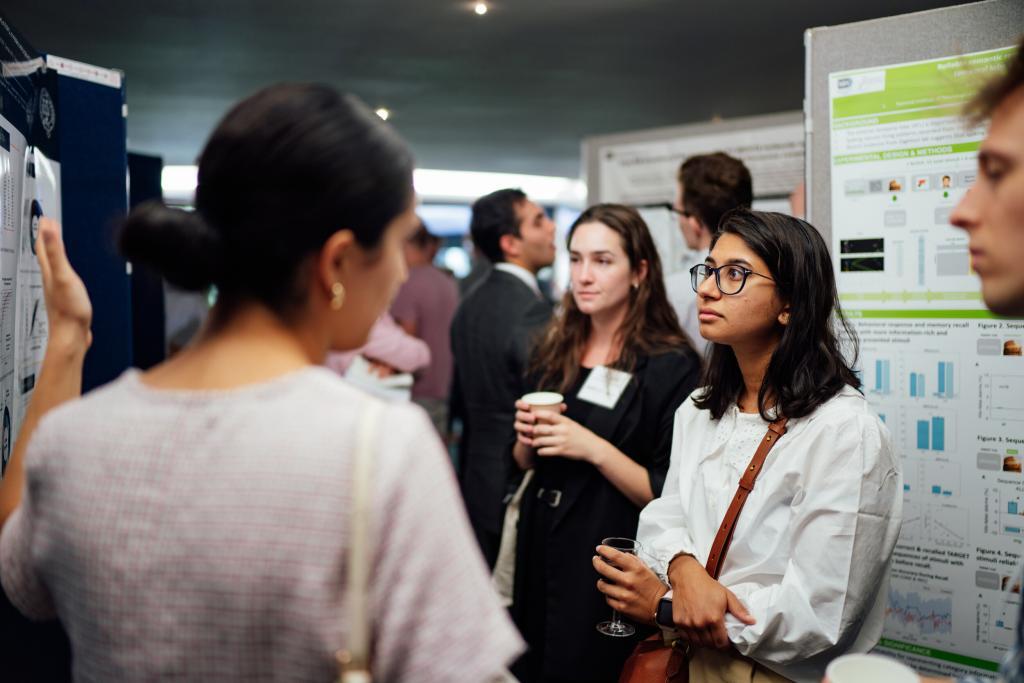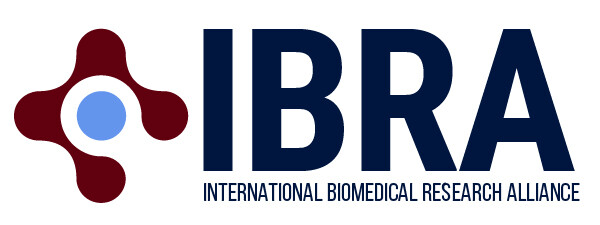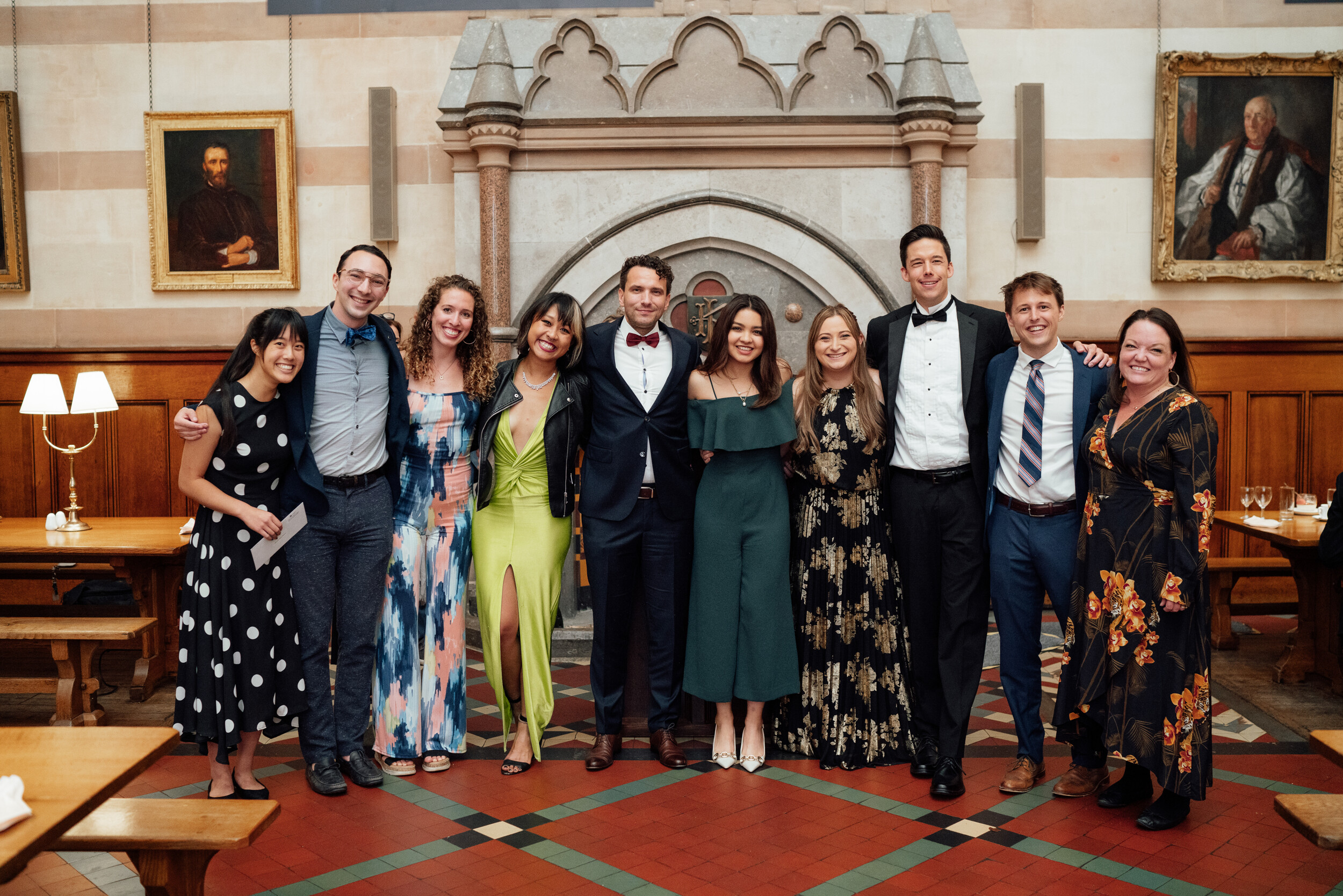Science communication, networking, and outreach are essential for training the next generation of scientists and leaders in biomedical research. Raising public awareness and the public understanding of science is essential for our health and for the scientific enterprise. Providing effective ways to communicate science has vastly changed over the past few years due to the continued constraints of the COVID-19 pandemic. Most of the advancements in science have been shared virtually, limiting both personal and professional interactions of collaborators. The NIH Oxford Cambridge Scholars (Scholars) have found innovative ways to share their science, both with their peers and the greater scientific community, which was exponentially highlighted at the Annual NIH Global Doctoral Partnerships Research Workshop (Workshop) held every summer. For the first time in three years, the Scholars conducted an in-person Workshop at Keble College, at the University of Oxford in the United Kingdom. The Workshop brought together students, Program leadership, Executive Committee members, faculty, Alliance Board Directors, and mentors from the NIH and the Universities of Oxford and Cambridge to highlight and share the incredible work the Scholars have done during their time in the Program and invited renowned keynote speakers.
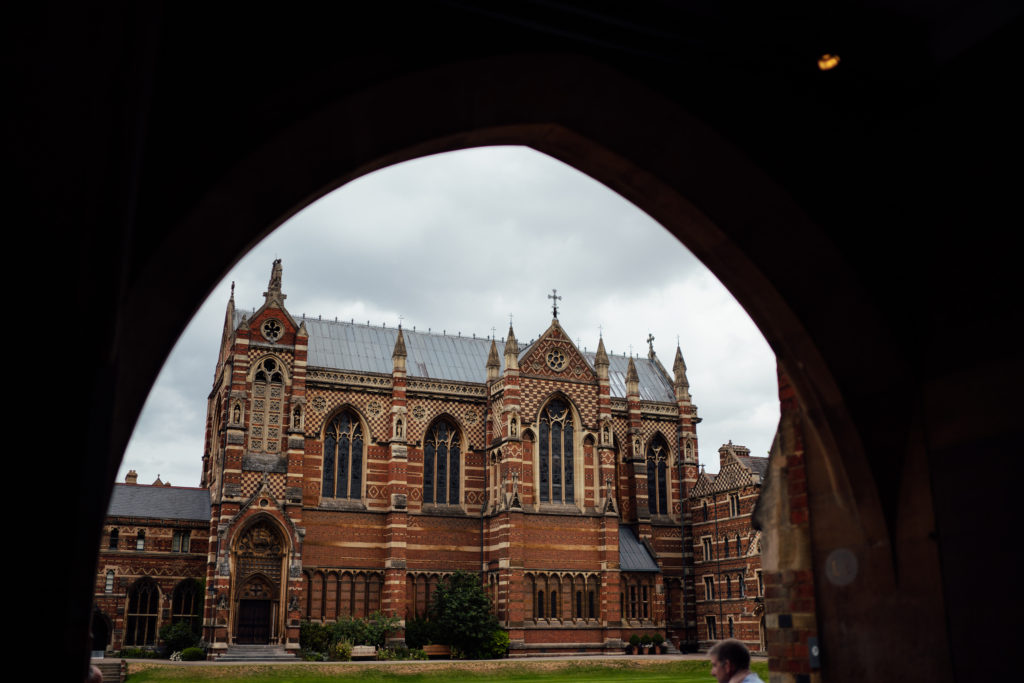
Commencing during the pandemic, the Scholars organized a Workshop Planning Committee to take the reins of developing an international virtual conference. This year was the first year that the Scholars held a student-led Workshop in person. The Workshop Planning Committee created the Global Team Science: Bridging Borders from Bench to Bedside theme to recognize the interdisciplinary, cross-cultural nature of science and to highlight ways to develop convergent solutions to complex problems.
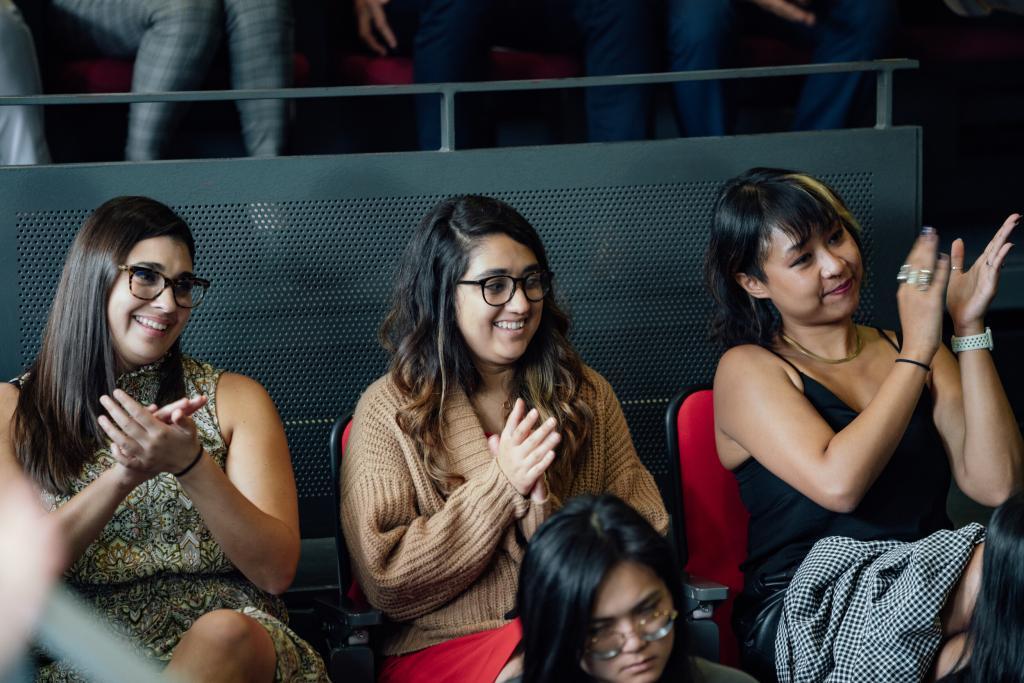
The Workshop was held 26-28 July 2022 and drew international speakers from various fields and areas of expertise with unique perspectives to network with Scholars and invited guests. On the first day of the Workshop, the keynote speaker, Dame Professor Sarah Gilbert, Saïd Professor of Vaccinology at the University of Oxford who led the development of the Oxford-AstraZeneca COVID-19 vaccine, spoke about her experiences working to develop vaccines against emerging pathogens such as influenza, Lassa fever, Nipah, etc. and the crucial role her lab played in pandemic recovery worldwide. In early 2020, only weeks before learning about the new pathogen emerging from China, Dame Gilbert’s team designed a novel vaccine modeled on their concurrent virology work. By March 2020, they were awarded £22 million in funding from the U.K. Government to begin human trials. On March 1, 2021, the COVID-19 vaccine trial resulted in data on real-world efficacy from Public Health England and reported that in the population over 80, hospitalization was reduced by 80% and at least 60% of those in their 60s who received one dose were protected against symptomatic disease. Dame Gilbert continued with the lessons she and her lab learned and discussed future directions.
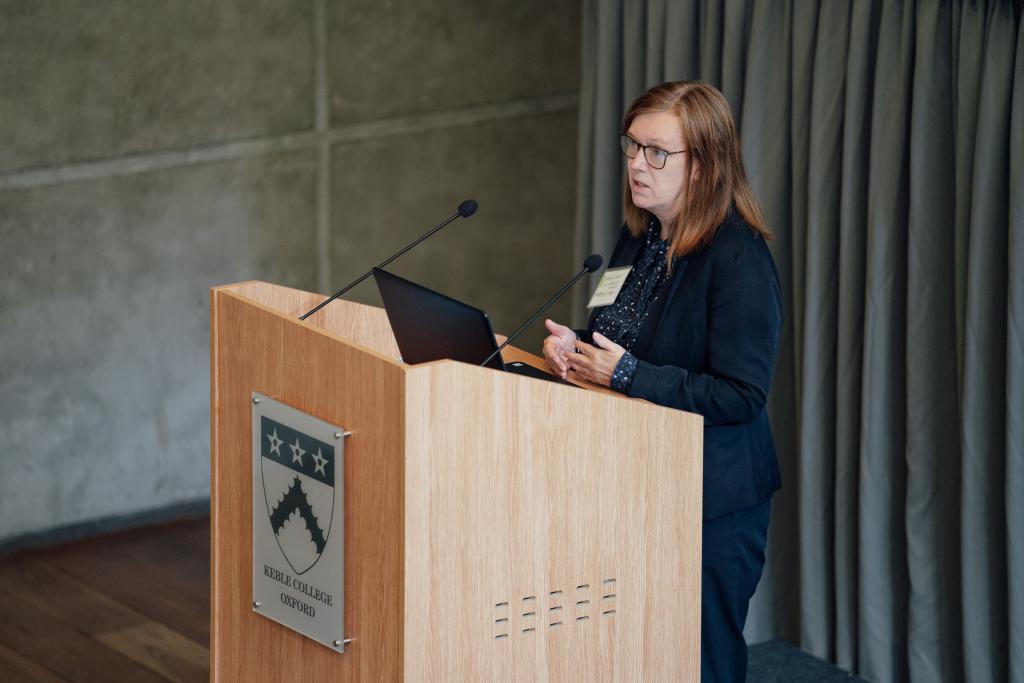
Dame Gilbert’s presentation was followed by keynote speaker Director General, Vaccine Taskforce Madelaine McTernan whose talk entitled “The Vaccine Taskforce: Bringing together science, industry, and the public sector” introduced the Vaccine Taskforce and outlined their success during the pandemic. Director General McTernan noted that the United Kingdom was the first country to deploy a COVID-19 vaccine outside of a clinical trial and the first to deploy both the Pfizer/BioNTech and Oxford/AstraZeneca vaccines. Over 87% of the UK population received a full primary course and 69% received their booster/third dose. Director General McTernan noted reasons why they were successful including 1) the portfolio approach to vaccine procurement – securing agreements with multiple promising candidates and multiple vaccine platforms 2) working with suppliers in a different, more collaborative way to identify and quickly solve problems 3) ongoing work to further our understanding of the virus and the effort of vaccines 4) strong partnership between government, academia, clinical experts, scientists, and industry and 5) creating effective processes that support proper oversight and risk assessment, but also facilitate swift decision making. Keynotes Gilbert and McTernan fielded audience questions after their presentations, giving further insights into the incredible work of scientists around the world. Together they worked with clinicians, regulators, manufacturers, and volunteer citizens to produce a highly effective vaccine that was designed, tested, manufactured, and distributed in one year. All these entities worked together to make a vaccine for the world…now that’s global team science!
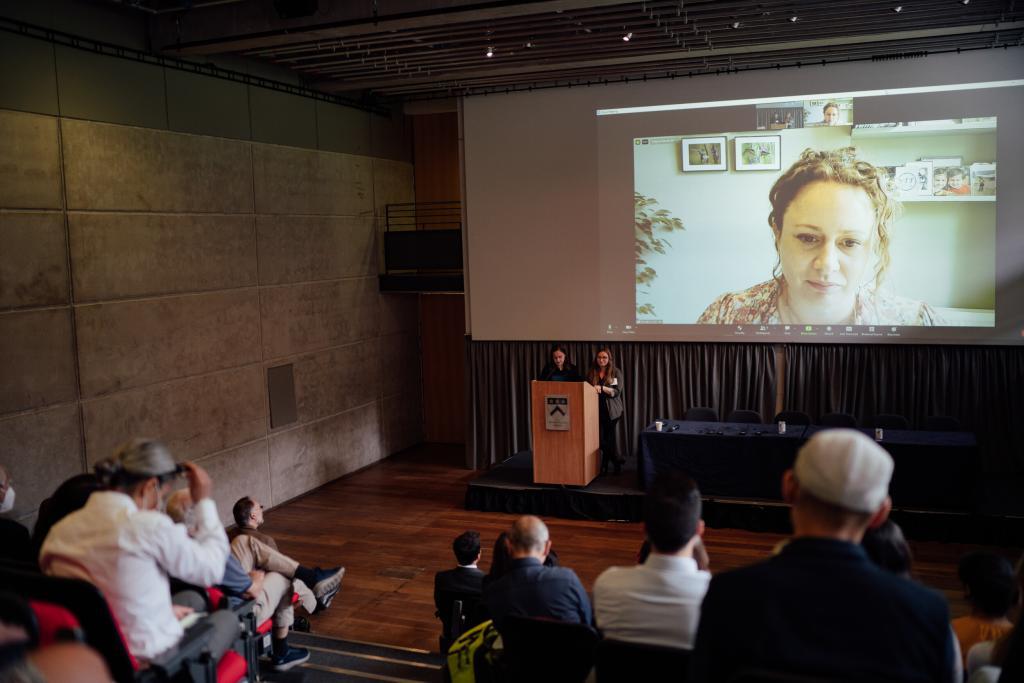
Following the keynote addresses, the Scholars gathered with Program Leadership for the Student Leadership Board Address and NIH Town Hall and UK Universities Town Hall Meetings Scholars were given the opportunity to ask questions and a platform to share their thoughts and suggestions, with the joint aim of continuing to innovate and continuously improve the student experience in the Program.
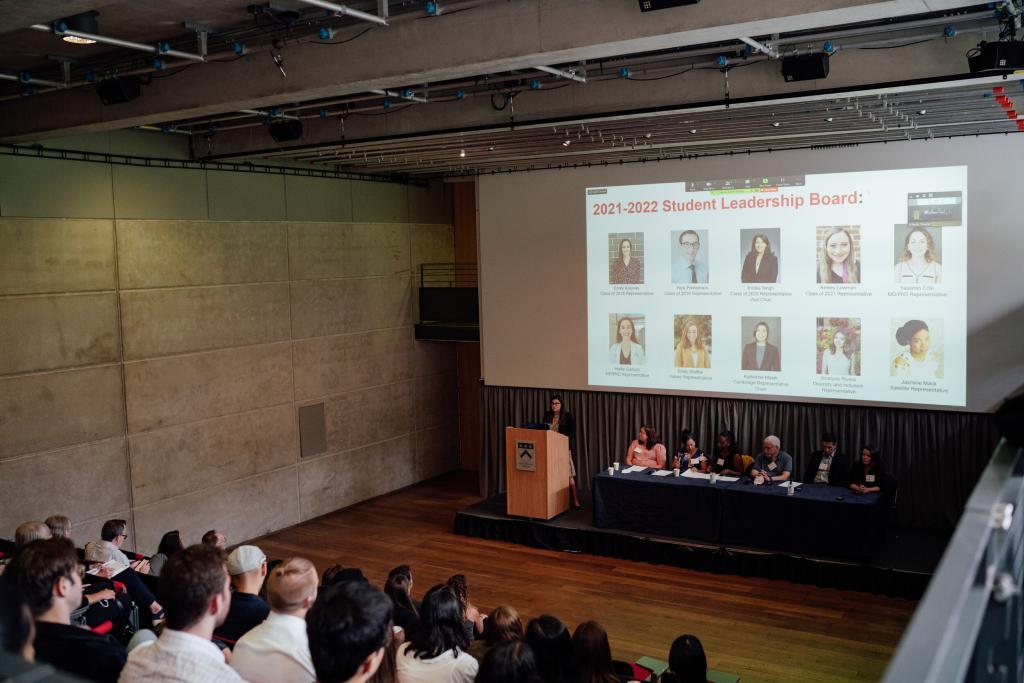
The Class of 2019 prepared oral presentations ranging from topics such as machine learning to neurophysiology to developing 3-D, multicellular models to understand diseases. Scholar Mario Shammas took home the gold with his presentation “OMA1 mediates local and global stress responses against protein misfolding in CHCHD10 mitochondrial myopathy.” He shared that CHCHD10 was recently identified as an autosomal dominant cause of Parkinson’s disease, ALS/FTD, and myopathy and shared the development of a novel knock-in mouse to further understand these diseases. Mario found that the inner mitochondrial membrane peptidase OMA1 is essential for neonatal survival conditionally in the setting of inner mitochondrial membrane stress, coordinating local and global stress responses to reshape the mitochondrial network and proteome.
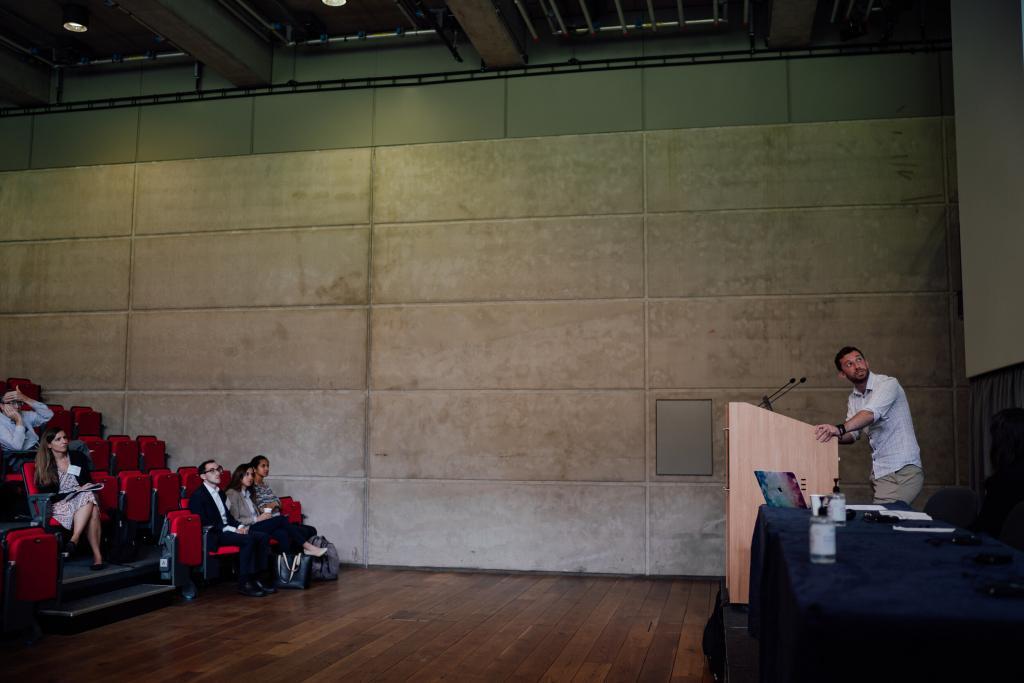
Always a highlight of the Workshop, the Elevator Pitch Team Competition encompasses three teams, consisting of 6-7 first-year students, and is led by coaches consisting of an upperclassman Scholar, Alliance Director, and an OxCam Executive Committee faculty member. The teams are required to execute condensed research talks as part of the Class of 2021 Elevator Pitch Team Competition. These talks are a 90-second pitch that enables the audience to learn about each Scholar, their work, and what they are hoping to accomplish during their time in the Program. For the third year in a row, Dr. Sonja Best’s team, co-led by upperclassman Scholar Alex Waldman and Alliance Director Dr. Matt Maciejewski, were crowned winners of the 2022 Elevator Pitch Team Competition. The Team Who Must Not Be Named took on an iconic theme of Harry Potter and wove in the series details, props included, in their pitches. Winners included Ray Smith, Sandra Mon, Kelsey Lowman, Will Snyder, Zoe Wong, John Hancock, and Jocelyne Rivera.
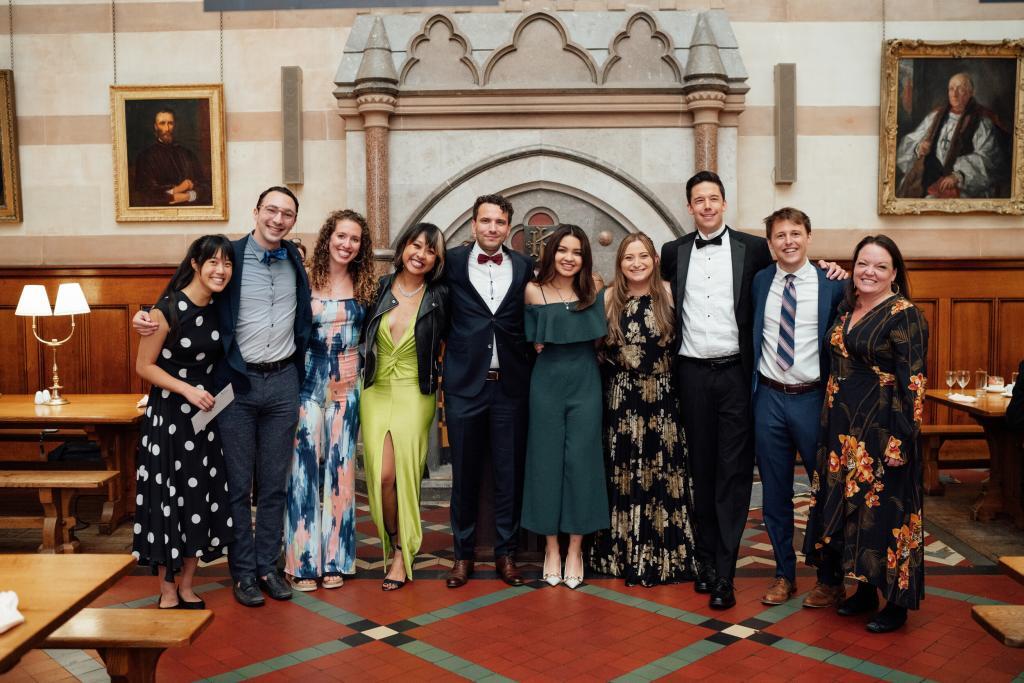
J. Peter Figueroa, M.D., Ph.D., Professor of Public Health, Epidemiology, and HIV/AIDS at the University of the West Indies in Mona, Jamaica was the inaugural Diversity, Equity, and Inclusion speaker. For over four decades, Dr. Figueroa’s health leadership contributed substantially to public health in Jamaica, the Caribbean, and around the world. Dr. Figueroa’s roles over this time included: Principal Medical Officer – Epidemiology in the Ministry of Health, Chief Medical Officer, Director of the National HIV-STI Program, Scientific Secretary and Chair of the Caribbean Health Research Council, and temporary advisor to WHO on a range of public health topics, earning him numerous recognitions, such as the United Nations Peace Medal for his service as Vice-chair of the National Committee for the commemoration of the International Year of Peace.
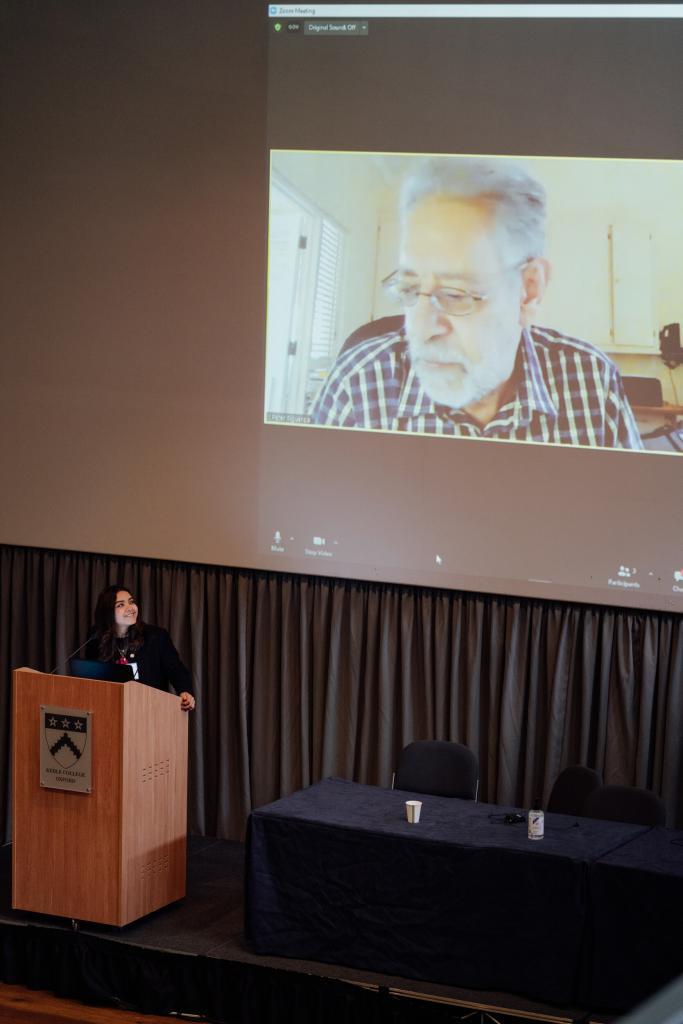
As is customary, the centerpiece of the Workshop is listening to and understanding Scholar research projects. The first day of the Workshop concluded with poster presentations by the Class of 2020 ranging from topics like single cell analysis, electrophoresis, cardiometabolic impact, and mouse models of glioblastoma. Scholar Kritika Singh was named the Class of 2020 Poster presentation winner for her poster entitled “Ultrasound activated HPV VLP conjugates for tumor therapy.” Closing out Day 1 of the Workshop, the Scholars set up Class dinners and had the opportunity to meet with their mentors and lab mates.
